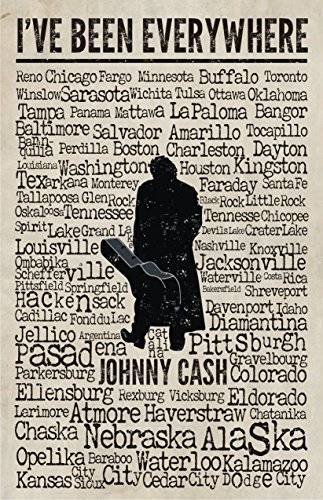| Talking | Poetry | BeatBox | Rap | Chant | Singing (solo, unison) |
Singing (choral, choir, group) |
Instrument (single note) |
Instruments (multi-note, e.g. keyboard, guitar, harp) |
Drums & Percussion |
Musical Theater, Opera |
Drama, Theater | Mime | Dance | |
|---|---|---|---|---|---|---|---|---|---|---|---|---|---|---|
| Sound | Yes | Yes | Yes | Yes | Yes | Yes | Yes | Yes | Yes | Yes | Yes | Yes | Tap | |
| Words | Yes | Yes | Yes | Sometimes | Yes | Yes | Yes | Yes | ||||||
| Meaning (story) |
Yes | Yes | Yes | Sometimes | Yes | Yes | Yes | Yes | Yes | |||||
| Sentences (phrases) |
Yes | Yes? | Yes | Sometimes | Yes | Yes | Yes | Yes | Yes | Yes | Yes | |||
| Grammar | Yes | Yes | Sometimes | Yes | Yes | Yes | Yes | |||||||
| Rhyme | Sometimes | Yes | Sometimes | Sometimes | Sometimes | |||||||||
| Rhythm | Sometimes | Yes | Yes | Yes | Yes | Yes | Yes | Yes | Yes | Yes | Yes | |||
| Pitch | Usually | Yes | Yes | Yes | Yes | Yes | ||||||||
| Melody | Usually | Yes | Yes | Yes | Yes | Yes | ||||||||
| Harmony | Yes (unless unison) |
Yes | Yes | |||||||||||
| Acting (role) |
Yes | Yes | Yes | Yes |
A Soulful Tune
Kecak
Kecak (pronounced [ˈketʃaʔ], alternate spellings: Ketjak and Ketjack) is a form of Balinese dance and music drama, originated in the 1930s Bali and is performed primarily by men, although a few women's kecak groups exist as of 2006. Also known as the Ramayana Monkey Chant, the piece, performed by a circle of 150 or more performers wearing checked cloth around their waists, percussively chanting "cak" and throwing up their arms, depicts a battle from the Ramayana where the monkey-like Vanara helped Prince Rama fight the evil King Ravana. However, Kecak has roots in sanghyang, a trance-inducing exorcism dance.
BARAKA - Balinese Monkey Chant
Ketjak: The Ramanyana Monkey Chant
Johnny Cash - I've Been Everywhere
November 5, 1996 with Tom Petty and the Heartbreakers
Hank Snow - I've Been Everywhere
Video has a picture for (most) every place
Recorded June 27, 1962
♫ Lucky Starr ♥ I've Been Everywhere ♫
The first hit!
Written by Australian Geoff Mack in 1959, and made popular by Lucky Starr in 1962, original listed Australian towns. Lucky released an EP called "Lucky's Been Everywhere, which contained four different versions: United Kingdom, United States, New Zealand, and Australia. (There have been versions with Scottish, Canadian, Czechoslovakia, Finnish, Germany, Lousiana, Texas, New York city and Worldwide toponyms, parody versions with fictional Springfield towns from The Simpsons, by Rick Moranis: "I Ain't Goin' Nowhere", and Canadian: "I've Seen Pubic Hair", etc. Wikipedia

